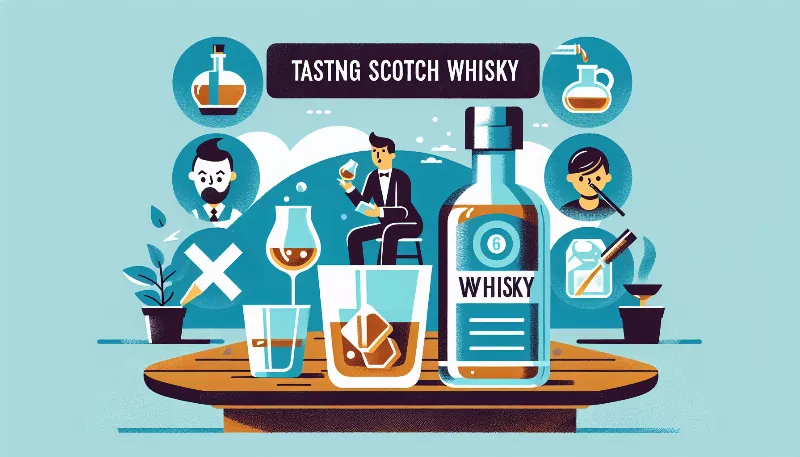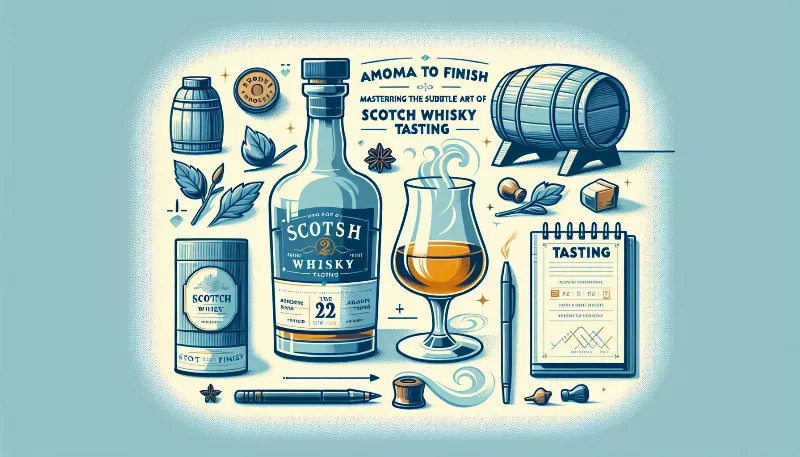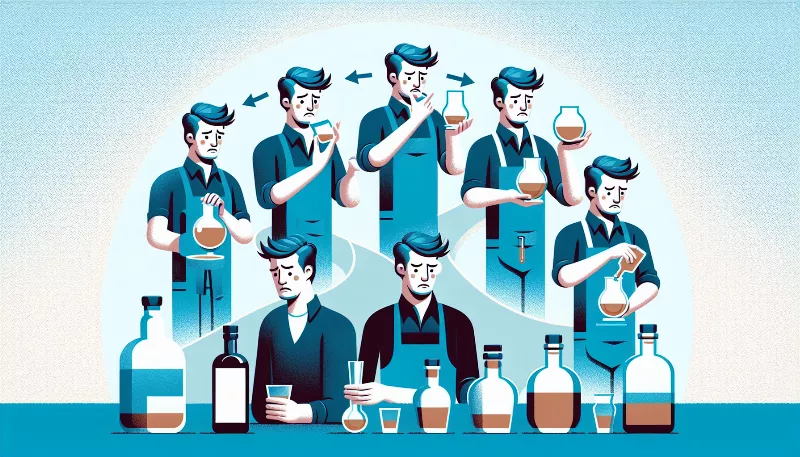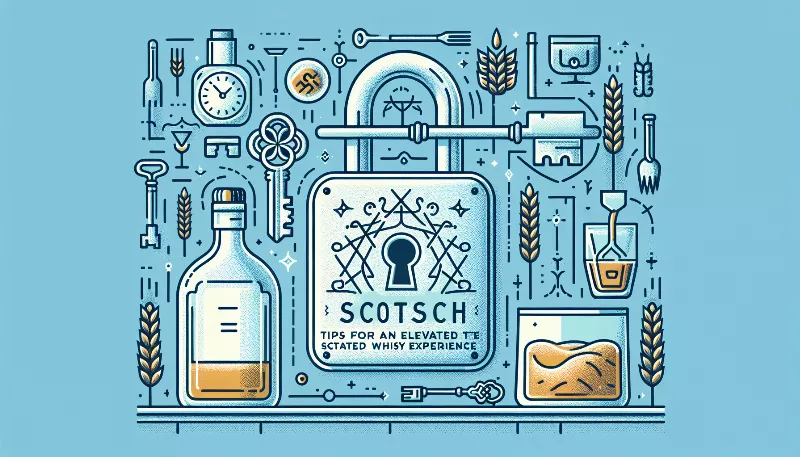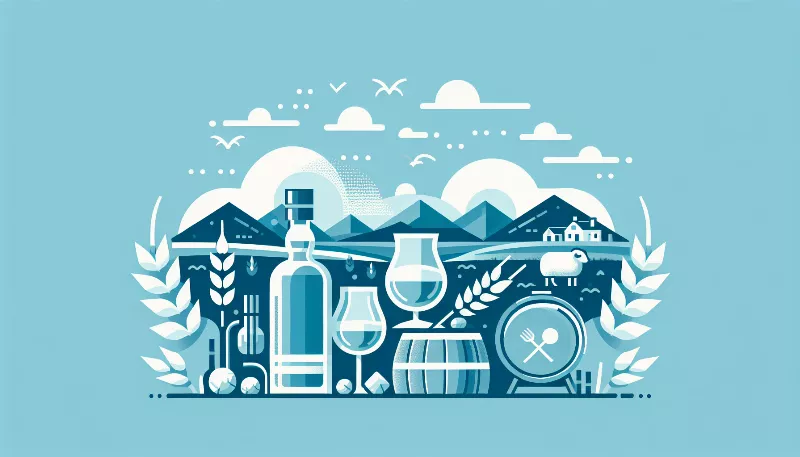What is the minimum aging period required for a spirit to be called Scotch whisky?
Discover the secrets of Scotch whisky aging. Learn the essential time frame that transforms spirits into authentic Scotch. Sip the knowledge now!
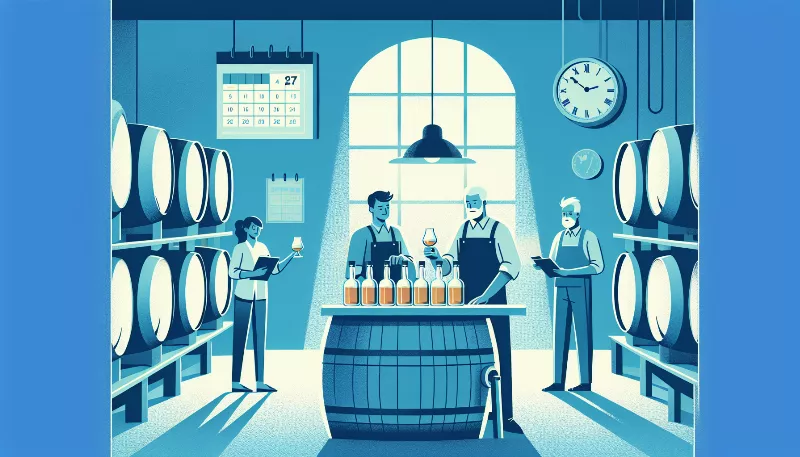
The Essence of Time: Understanding Scotch Whisky Aging
Imagine a land of misty glens and rolling green hills, where the art of distillation has been perfected over centuries. This is Scotland, the birthplace of one of the world's most revered spirits: Scotch whisky. But what transforms a simple distilled spirit into the rich, complex beverage that connoisseurs celebrate as Scotch? The answer lies in the passage of time and the magic of aging.
The Legal Ledger: Defining Scotch Whisky
Scotch whisky is not just any whisky; it's a product steeped in tradition, defined by law, and cherished by aficionados everywhere. To earn the prestigious title of 'Scotch', a whisky must adhere to strict regulations set forth by Scottish law. These rules ensure that every bottle bearing the name 'Scotch' meets the highest standards of quality and authenticity.
The Maturation Mandate: A Minimum of Three Years
One of the most critical requirements for a spirit to be called Scotch whisky is its aging period. By law, Scotch whisky must be aged in oak casks for no less than three years. However, this is just the starting point. Many distilleries pride themselves on maturing their whiskies for much longer, with some of the finest Scotches aging for decades. It is during this time that the whisky develops its unique flavors, drawing character from the wood and the environment in which it rests.
The Transformation: How Aging Shapes Scotch
As the whisky slumbers in its cask, a series of complex chemical reactions occur. The spirit interacts with the oak, extracting compounds that impart color, flavor, and aroma. This alchemy of aging is what turns the clear, new-make spirit into the golden-hued elixir we know and love. Over time, harsher elements mellow, and the whisky becomes smoother, richer, and more refined.
The Long Wait: Why Patience Pays Off
While three years is the minimum, many distillers argue that true excellence in Scotch whisky comes with even longer aging. Extended maturation allows for a deeper exchange between the spirit and the wood, resulting in a more intricate bouquet of flavors. It's a testament to the patience and dedication of the master distillers who wait years, often decades, for their creations to reach perfection.
In Conclusion: The Time-Honored Tradition of Scotch Whisky
In the end, the minimum aging period of three years is just the beginning of a Scotch whisky's journey. It's a rite of passage that every drop of Scotch must undergo, emerging transformed and ready to be savored by those who appreciate its storied heritage. So, the next time you raise a glass of Scotch, take a moment to reflect on the years of craftsmanship and care that have gone into crafting its distinguished flavor. Slàinte mhath!

